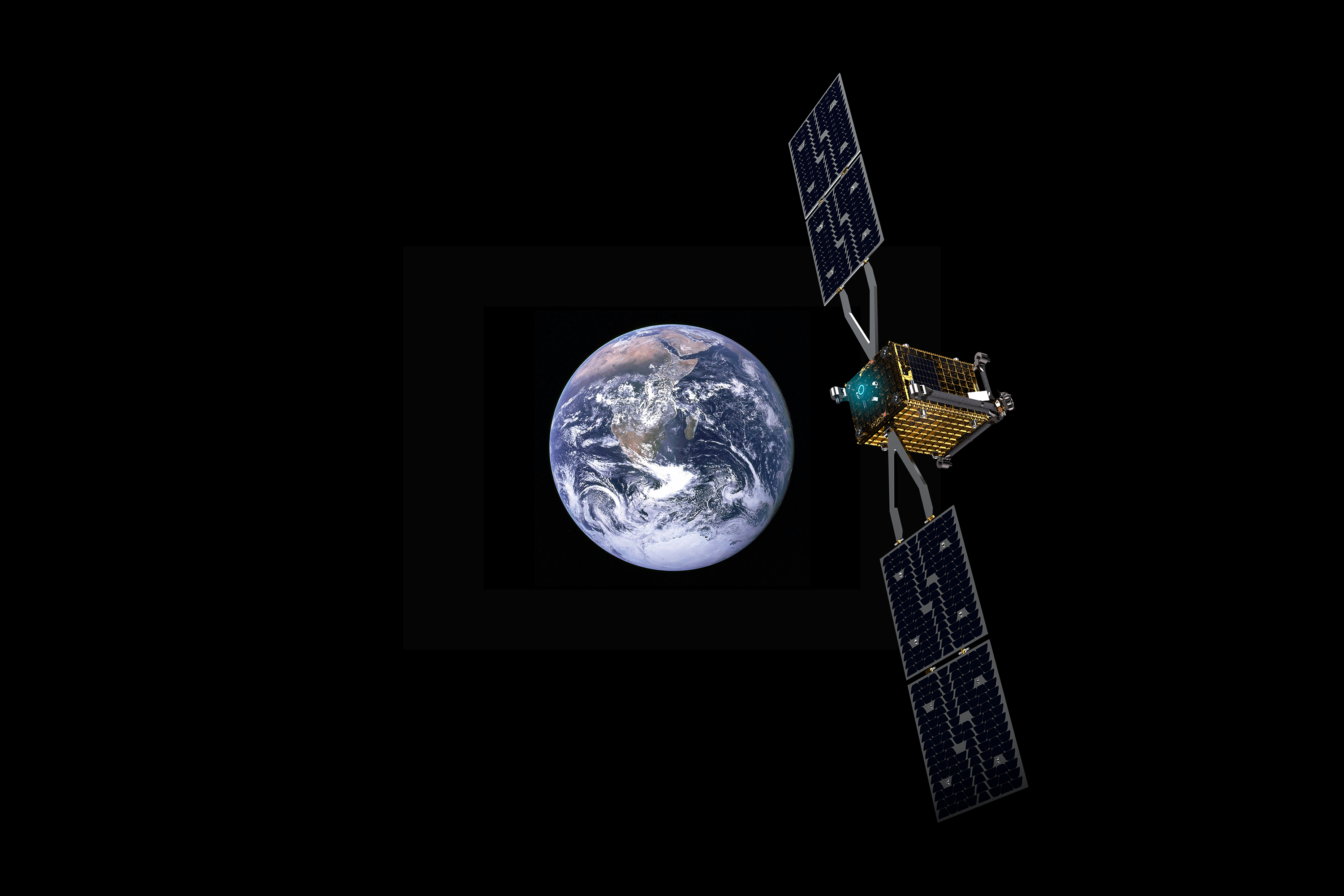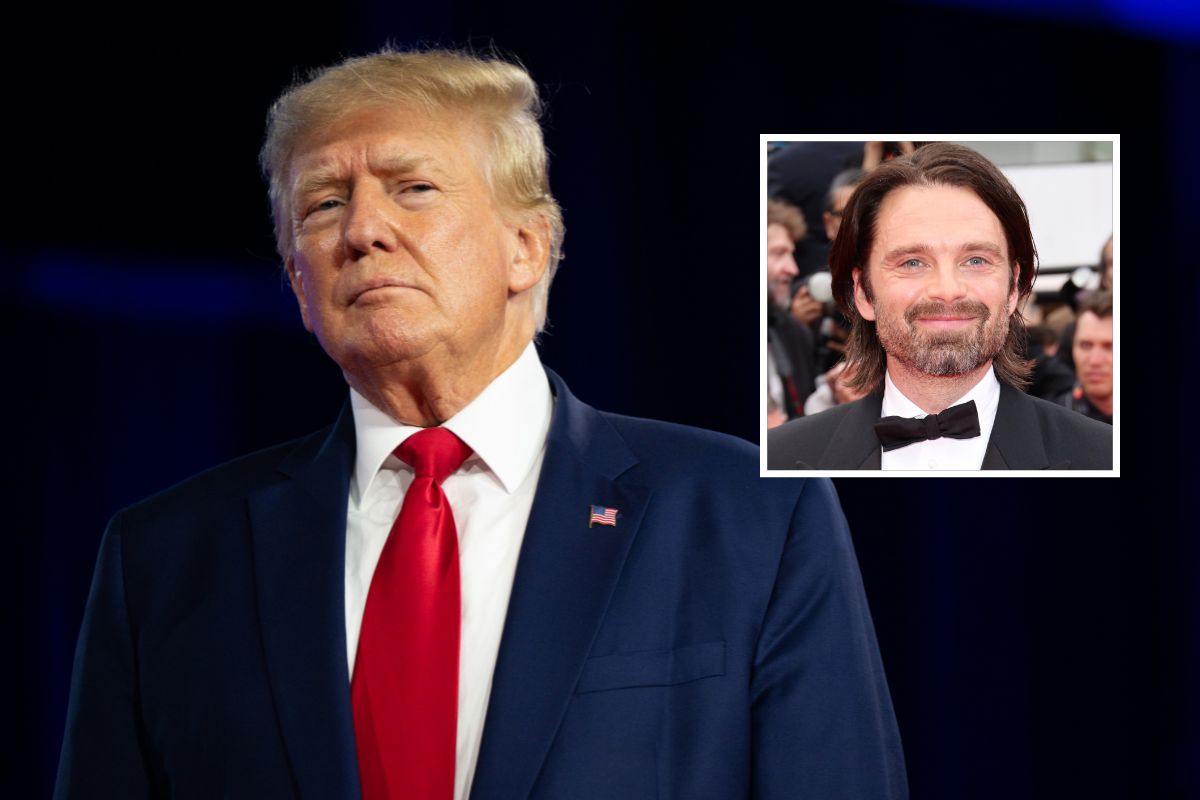Henry Kissinger and Noam Chomsky, longtime political enemies, have found rare common ground over the Russia-Ukraine war.
The two come from opposing ends of the political spectrum—Kissinger serving as secretary of state under Republican presidents and Chomsky one of the leading left-wing intellectuals in the United States—and have frequently clashed.
But when it comes to the Russian invasion of Ukraine, both recently advocated for Ukraine to consider a settlement that could see it dropping claim to some land to achieve a quicker peace deal.
While speaking at the World Economic Forum in Davos, Switzerland, on Monday, Kissinger, who was secretary of state for presidents Richard Nixon and Gerald Ford in the 1970s, encouraged Ukraine to accept a peace deal with Russia to end the war.

He said negotiations should begin in the next two months before the conflict "creates upheavals and tensions that will not be easily overcome."
He advised European leaders to consider their long-term relationship with Russia and that they should not risk further strengthening the bond between the Kremlin and China—one of its strongest allies amid the invasion—according to the Telegraph.
"Ideally, the dividing line should be a return to the status quo ante," Kissinger said. "Pursuing the war beyond that point would not be about the freedom of Ukraine, but a new war against Russia itself."
In 2014, Russia annexed the region of Crimea, while separatists declared the regions of Donetsk Oblast and Luhansk to be independent. A return to the "status quo ante" would leave these regions as they were before the invasion.
He added that he hopes "the Ukrainians will match the heroism they have shown with wisdom."
In an interview with British journalist Owen Jones this month, Chomsky, a left-wing political philosopher and Massachusetts Institute of Technology professor known for his anti-war views, made critical remarks about the Western response to the conflict, calling out what he views as a "Western propaganda system" pushing the idea Ukrainians want more weapons.
He said that while he isn't opposed to sending arms to Ukraine, so long as it's done under genuine concern for Ukrainians, it must be done in "a way which will not escalate the Russian attack and can lead, of course, to the destruction of Ukraine."
Chomsky described the possibility of a "pretty sensible settlement" in which Ukraine would commit itself to neutralization, not joining the North Atlantic Treaty Organization (NATO), put off the issue of Crimea and "move toward some kind of accommodation on Donbas."
He went on to criticize the U.S. and U.K. for not backing such a proposal. However, on Monday, U.S. Defense Secretary Lloyd Austin said that Ukraine—not the United States or NATO—has the authority to dictate the end of the war.
Uncommon Knowledge
Newsweek is committed to challenging conventional wisdom and finding connections in the search for common ground.
Newsweek is committed to challenging conventional wisdom and finding connections in the search for common ground.
About the writer
Andrew Stanton is a Newsweek weekend reporter based in Maine. His role is reporting on U.S. politics and social issues. ... Read more





